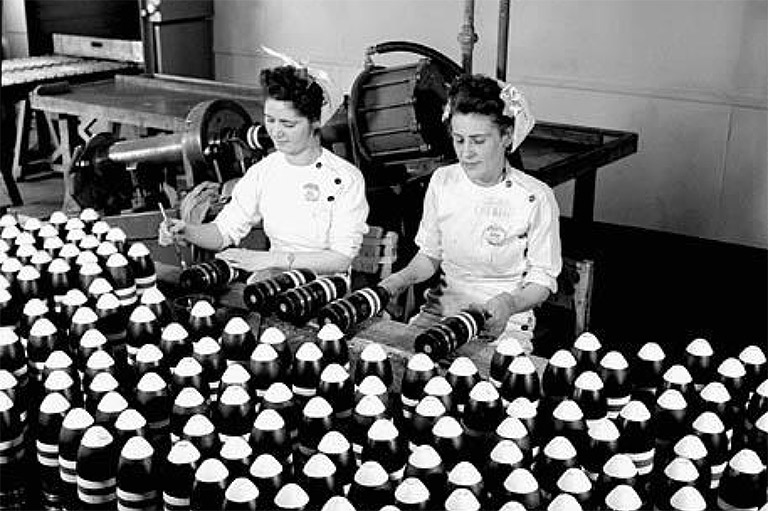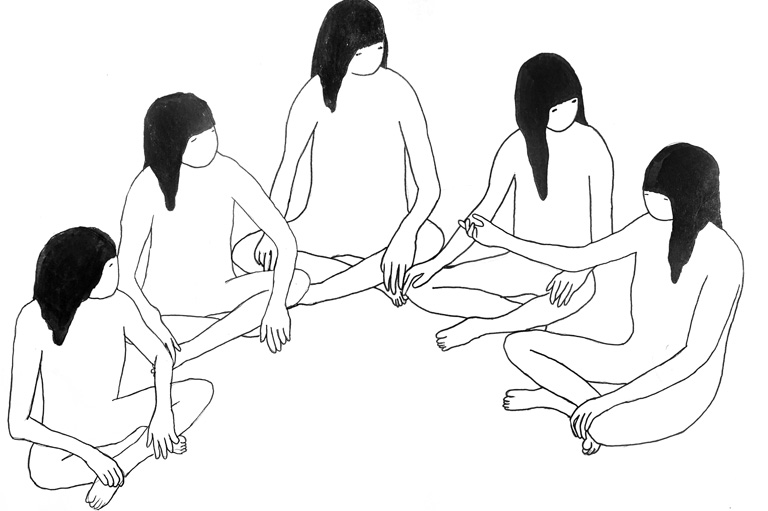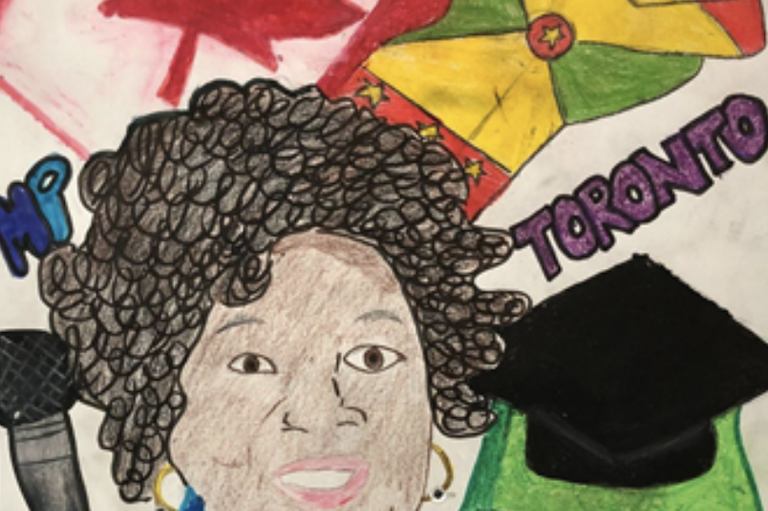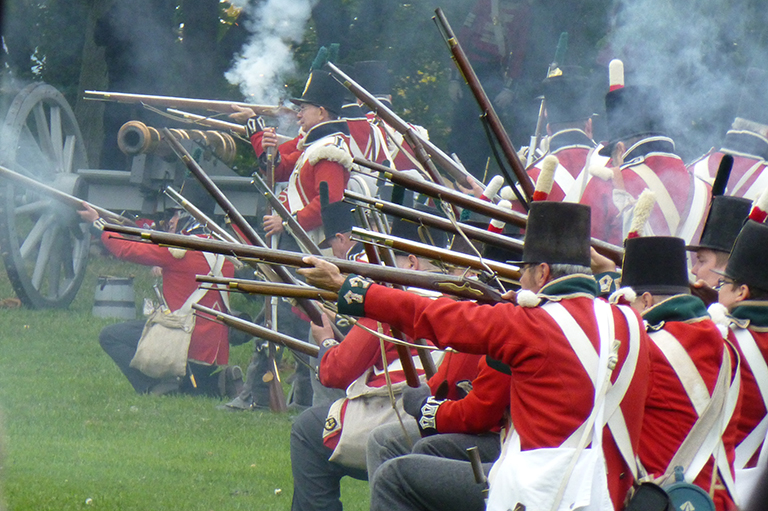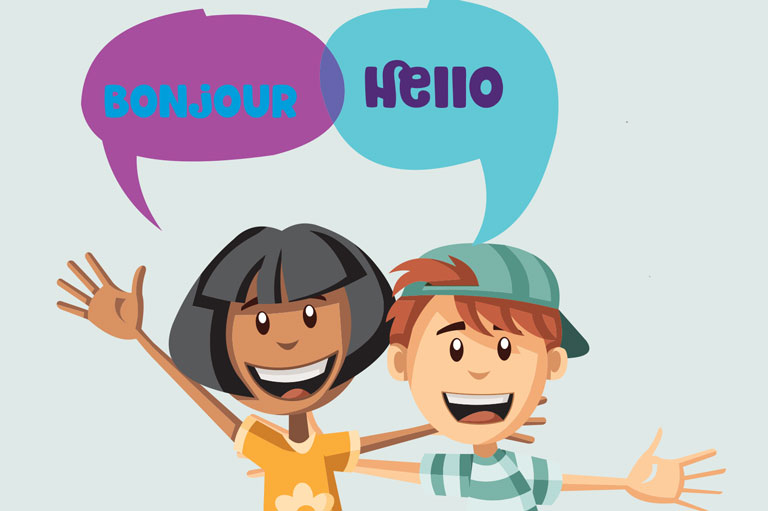As Memory Fades
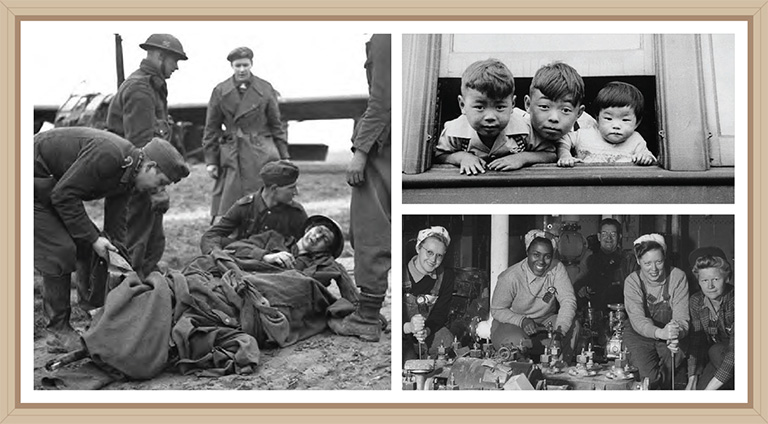
This activity is inspired by the article “As Memory Fades” in the April 2020 issue of Kayak: Canada’s History Magazine for Kids.
Why is it important to remember the Second World War?
In this activity, students will use primary source evidence and consider historical perspectives. To learn more about the six historical thinking concepts, check out the Historical Thinking Project or consider attending the Historical Thinking Institute.
Background:
There are about 33,000 Canadian veterans still alive who served in the Second World War. That might sound like a lot until you realize that about 1.1 million people joined up over the course of the war. And then there are those who were very young when they lived through the war — they’re well into their 80s now.
We honour those who sacrificed during the war every Remembrance Day, but how will we remember the war when those who experienced it first-hand are gone?
Activity:
In this activity, students will learn more about their family’s connection to the Second World War and consider how memories of the war change with different perspectives.
Assign your students to ask older people in their family about their experiences during the war. They can also ask parents to share the stories they have heard about family members and the war. If someone from their family served, are there any of their things still around that are connected to the war, like a uniform or medals? Are there any diaries or photographs?
Ask your students to write about their family’s experience and to reflect on how we remember the war. Encourage them to consider the following questions in their response:
- What roles did your family members’ play in the war?
- How did the war affect your family’s life?
- How did you learn what you know about your family’s connection to the war?
- How might the family of a soldier killed remember the war?
- How do you think Canadians from Japanese, German or Italian backgrounds might remember the war differently?
- How might those memories be different for a First Nations family where veterans did not receive the benefits they deserved?
- How might Jewish people remember it if the Nazis killed much of their family in death camps?
- What do you think is important to remember about the war?
- How can you help keep those memories alive?
Themes associated with this article
Advertisement

